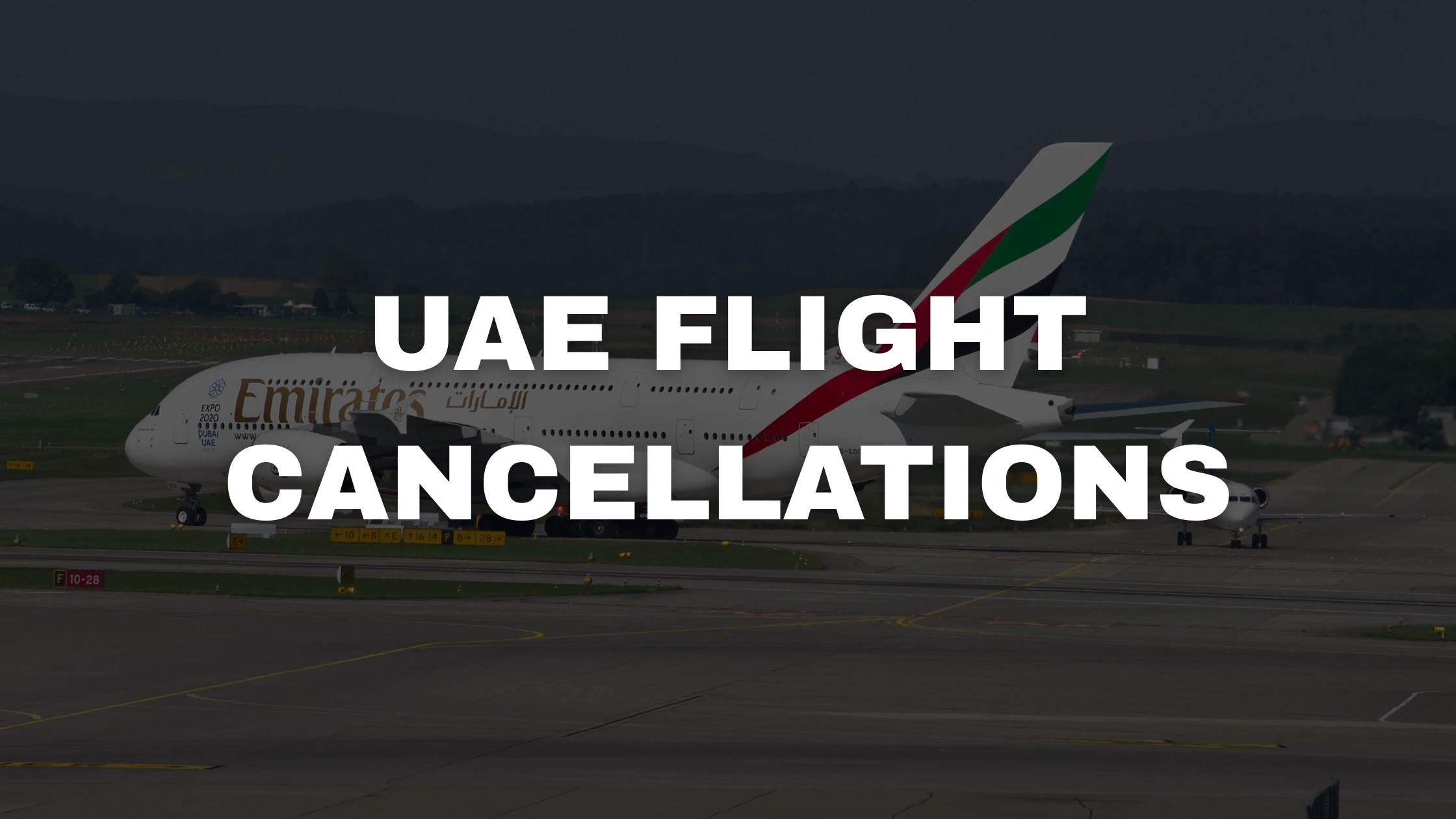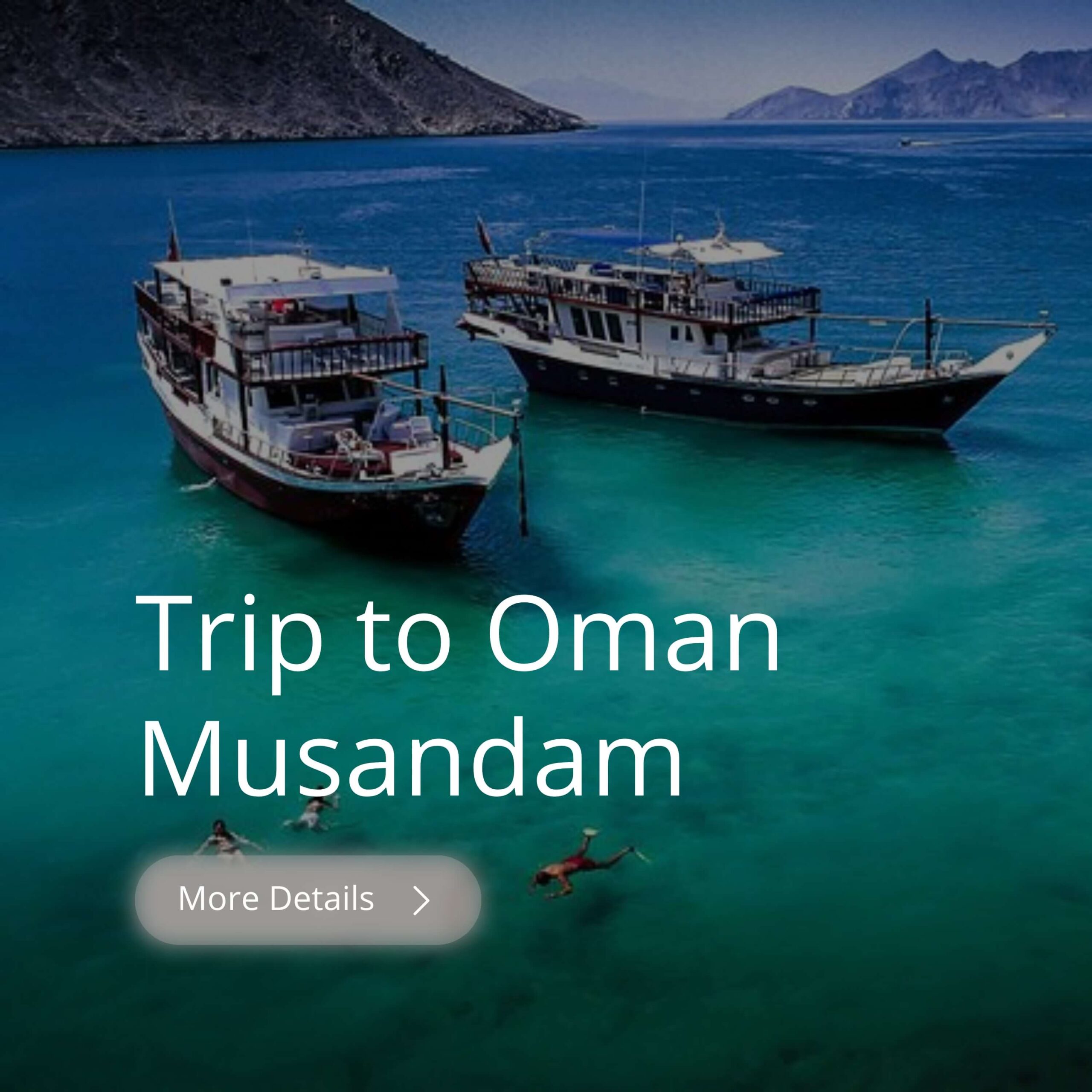In a move that continues to impact thousands of travelers across the region, Emirates, Dubai’s flagship airline, has extended its suspension of flights to and from Tehran, Iran, until July 17, 2025. The decision, citing “operational reasons,” has left many passengers wondering about the real cause behind the delay and what their options are moving forward.
This announcement follows weeks of evolving airspace restrictions in the Middle East, particularly in light of the recent Israel-Iran conflict. While other regional carriers have resumed operations, Emirates has opted for a more cautious approach, highlighting its longstanding commitment to safety and operational excellence.
Emirates’ Official Announcement: Tehran Flights on Hold Until Mid-July 2025
In a recent update posted on its official website, Emirates confirmed that all flights to and from Tehran will remain cancelled until and including July 17, 2025. Furthermore, passengers with connecting flights through Dubai to any final destination in Iran will not be accepted for travel from their point of origin until further notice.
“Due to operational reasons, Emirates has cancelled all flights to/from Tehran until and including July 17, 2025,” the airline stated. “Customers connecting through Dubai with final destinations in Iran will not be accepted for travel at their point of origin until further notice.”
This continued suspension comes despite Iran reopening its airspace, including airports in Tehran and across the country. Emirates’ choice to delay its return to Tehran raises questions among travelers and industry experts alike.
The Conflict Backdrop: Israel-Iran Tensions and Airspace Closures
The Israel-Iran conflict, which intensified earlier this year, led to major airspace closures across Iran beginning June 13. As tensions peaked, many carriers suspended flights to the region due to security concerns.
However, by July 1, Iranian authorities announced the reopening of their airspace, signaling a return to normalcy. State media, including IRNA, reported that major hubs like Tehran’s Mehrabad and Imam Khomeini International Airports were fully operational once again.
Despite this, Emirates has not resumed flights to Iran, opting instead to maintain its suspension through at least mid-July. For a global carrier that flies to over 130 destinations, such a decision underscores the airline’s rigorous safety protocols.
Emirates’ Safety-First Approach: A Pattern of Precaution
This isn’t the first time Emirates has prioritized safety over rapid reentry into affected markets. According to a statement released on June 24, the airline noted that it successfully maintained scheduled services throughout the regional crisis by rerouting flights and avoiding high-risk airspace.
“We took immediate action by suspending flights only to areas directly impacted by conflict while maintaining operations to all other destinations,” Emirates said.
During the 12-day conflict, Emirates still flew over 1.7 million passengers on more than 5,800 flights, demonstrating operational resilience and passenger commitment. The airline has historically been cautious in resuming services to regions with even minimal residual risk, and the current Tehran situation appears to be following the same playbook.
What About Other Iranian Cities and Airlines?
While Emirates maintains its hold on Tehran routes, other airlines have resumed flights to Iran. Here’s a breakdown of who’s flying where:
- flydubai: As of Friday, July 4, flydubai has resumed full operations to Bandar Abbas, Mashhad, and Tehran. A spokesperson for the airline confirmed these resumptions in a statement to Khaleej Times.
- Air Arabia: The Sharjah-based low-cost carrier announced it resumed suspended flights to Tehran, Shiraz, and Lar on July 6.
These moves suggest that regional budget carriers feel confident in the safety of Iran’s reopened airspace. However, this has not swayed Emirates from maintaining its pause.
Service to Iraq Resumes: A Green Light Elsewhere
Interestingly, while Emirates remains cautious about flying into Iran, the carrier has resumed operations to key Iraqi cities. Flights to Baghdad resumed on Tuesday, July 1, 2025, and Basra followed on Wednesday, July 2, 2025.
Customers with connecting flights through Dubai to Iraq are now being accepted for travel at their departure point, a significant move that reflects improving stability in parts of the region.
This staggered resumption of service based on specific risk assessments reinforces Emirates’ commitment to route-by-route evaluations, rather than implementing blanket decisions for entire regions.
Why Is Emirates Delaying Tehran Flights Despite Others Flying?
The lingering question remains: why is Emirates delaying longer than other carriers?
There are a few possible reasons:
- Risk Management Strategy – Emirates often takes a conservative stance on route resumption, especially when dealing with complex international tensions.
- Operational Readiness – The airline may be waiting for more internal and regulatory confirmations before reopening bookings to Tehran.
- Passenger Volume and Route Profitability – While Tehran is a significant route, Emirates may prioritize markets with more strategic value in the short term.
- Diplomatic Considerations – As a national carrier closely tied to the UAE government, geopolitical relations may also influence flight decisions.
In contrast, carriers like flydubai and Air Arabia, while also government-affiliated, often have different operational thresholds for risk and profitability.
Emirates’ Response to Affected Passengers
For customers affected by the continued suspension, Emirates is offering rebooking options through travel agents and booking offices. The airline has not confirmed whether full refunds will be offered but has assured customers that they are being contacted proactively.
“Customers impacted by flight cancellations must contact their travel agency for rebooking. We apologise for any inconvenience caused,” the airline said in its statement.
The airline also emphasized that safety will always remain its top priority, and it is closely monitoring regional developments to guide future decisions.
Navigating the Middle East Travel Landscape in 2025
For frequent flyers, business travelers, and those with family ties in Iran, the evolving flight map of the Middle East in 2025 is a complex puzzle. Airlines continue to juggle operational feasibility, passenger safety, and regulatory permissions in response to regional volatility.
Despite progress on diplomatic fronts and airspace reopenings, airline decisions are not made lightly. Emirates’ continued suspension reflects a deeper analysis of on-the-ground realities, not just open skies.
Meanwhile, passengers are advised to:
- Stay updated with their airline’s official announcements
- Check with travel agents before making new bookings
- Consider alternative carriers if travel is urgent
A Regional Snapshot: Open Routes, Suspended Services
Here’s a quick overview of major airline routes to/from Iran and Iraq as of July 10, 2025:
| Airline | Destination Cities (Iran) | Operational Status |
|---|---|---|
| Emirates | Tehran | Suspended until July 17, 2025 |
| flydubai | Tehran, Bandar Abbas, Mashhad | Operational |
| Air Arabia | Tehran, Shiraz, Lar | Operational |
| Emirates | Baghdad, Basra (Iraq) | Operational |
This table reflects the varied pace of recovery among Middle Eastern air carriers. Emirates’ conservative approach may prove beneficial in the long term by avoiding mid-crisis reversals or safety concerns.
Conclusion: Safety Over Speed — Emirates Leads with Caution
As of now, Emirates continues to put safety before speed. While other regional carriers resume services to Iran, Emirates’ decision to extend the Tehran suspension until July 17, 2025, signals prudence and prioritization of risk management.
This cautious approach might frustrate some travelers in the short term, but in the broader picture, it reinforces the airline’s reputation for reliability and safety, qualities that have made it one of the world’s most trusted carriers.
As the geopolitical climate continues to evolve, Emirates will no doubt revisit its stance based on real-time intelligence, diplomatic insights, and operational readiness. Until then, passengers are encouraged to remain patient and informed through official channels.





























Comments (2)
Unaisa
Good
Shiifnan
I’m in Dubai